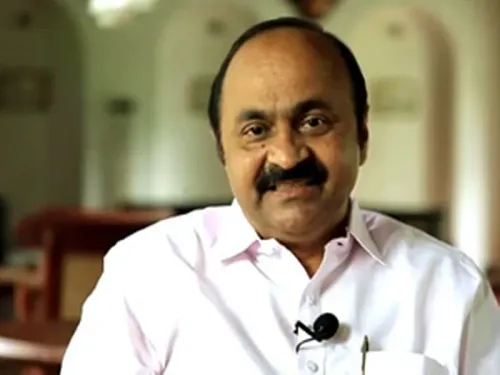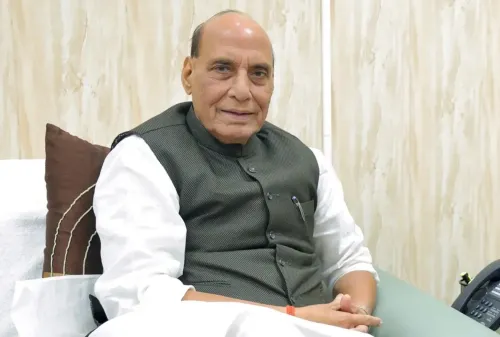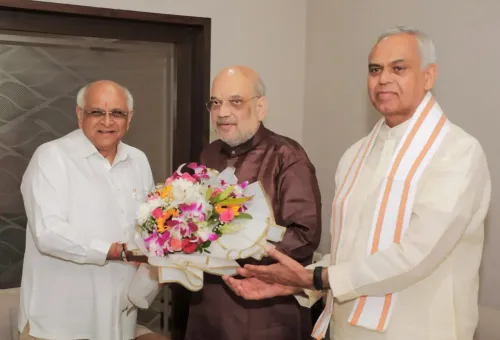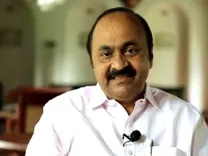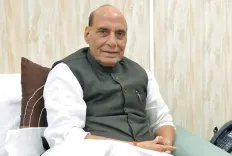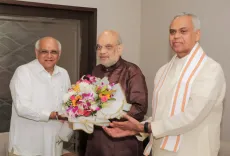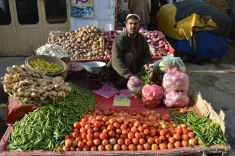How Have Car Sales More Than Doubled to Over Half a Million Units? FM Sitharaman on GST 2.0
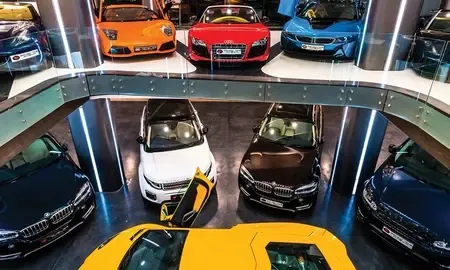
Synopsis
Key Takeaways
- GST 2.0 reforms significantly boosted automotive sales.
- Car sales have surpassed half a million units.
- Retail sales may reach 650,000-700,000 units during the festive season.
- Tata Motors and Maruti Suzuki lead the market surge.
- The festive demand has created temporary jobs for 50 lakh individuals.
New Delhi, Oct 22 (NationPress) Finance Minister Nirmala Sitharaman announced on Wednesday that the GST 2.0 reforms, which took effect on September 22, have significantly bolstered the domestic automotive sector, with car sales soaring to over half a million units.
Industry analysts estimate that the total retail sales of the entire passenger vehicle market between the introduction of the new goods and services tax (GST) rates on September 22 and Diwali could range from 650,000 to 700,000 units, as noted by Sitharaman on X.
She stated, "The GST 2.0, implemented a month ago, has provided a substantial boost to the automotive industry, with car sales more than doubling to over half a million units,” referencing a media report.
Additionally, during the Diwali shopping season, e-commerce and quick-commerce platforms experienced a surge in demand, with premium products and instant-delivery services propelling growth, and spending during the festival extending beyond major urban areas, the Finance Minister highlighted.
In light of strong festive demand following the reduction of GST on vehicles, Tata Motors reported delivering over 100,000 cars in the past 30 days from Navratri to Deepawali. The Tata Group’s automotive division experienced a remarkable 33 percent Year-on-Year (YoY) increase in sales during this period, with SUVs leading the market.
Maruti Suzuki India also reinforced its status as the leader in the passenger vehicle market, which includes cars and SUVs.
Diwali sales in 2025 reached an unprecedented Rs 6.05 lakh crore, driven by GST rate reductions and robust demand for local or ‘swadeshi’ products. The Diwali trade boom is projected to have created temporary employment for nearly 50 lakh individuals across logistics, transport, retail, packaging, and delivery.
According to CAIT, consumers displayed increased satisfaction with stable prices amid festive demand, supporting ongoing consumption following Diwali.

